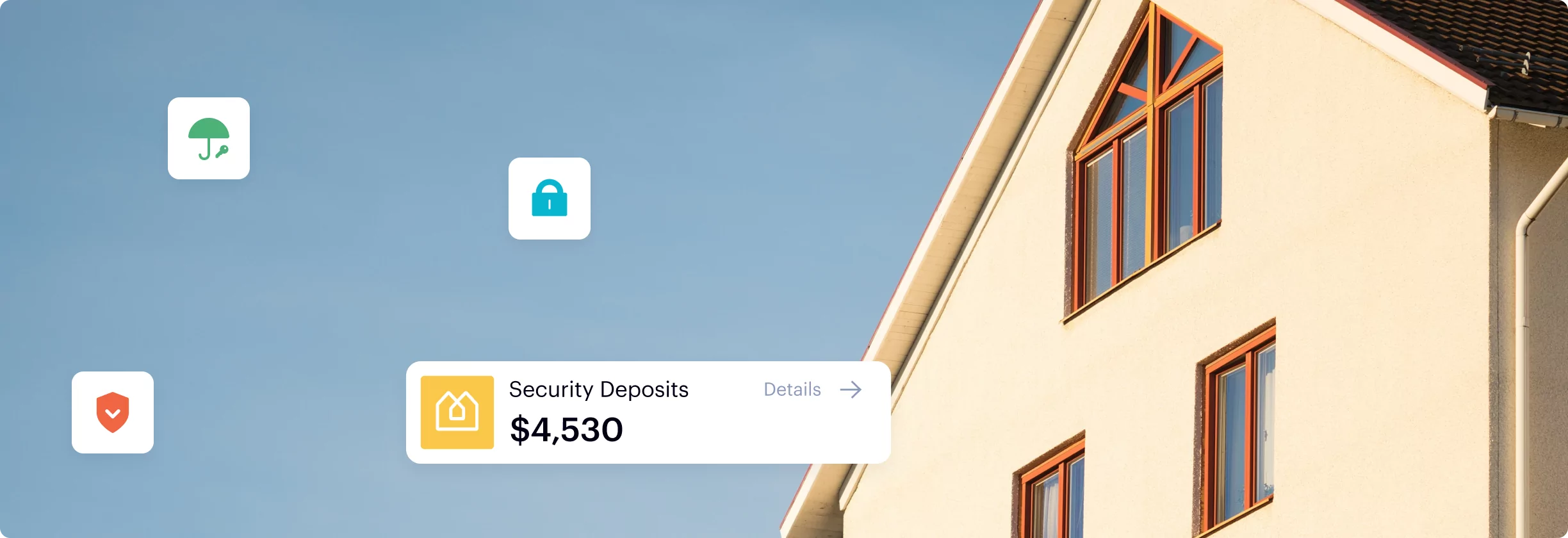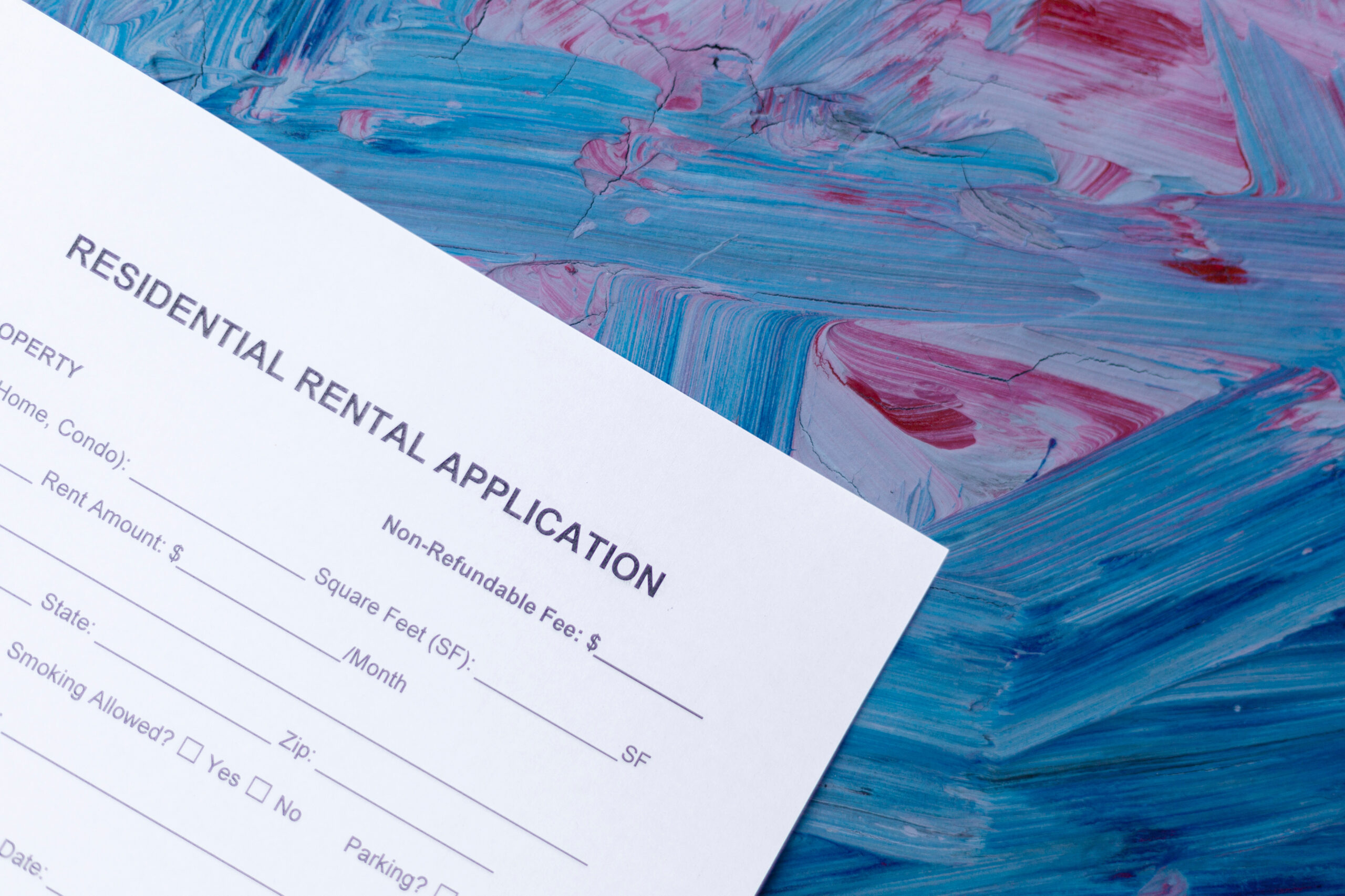Becoming a landlord is an exciting adventure. Whether you’ve decided to rent out a second unit in your home or buy an investment property, renting out your property can be a great way to make money and build your net worth.
Becoming a landlord also comes with challenges to be solved. How do I find the right tenant? How do I collect rent? What’s the best way to track my expenses?
How can I be sure I won’t miss anything important on my taxes? Why is my phone ringing this time?
We can’t keep your tenants from calling you with every little problem, but we do know a thing or two about being a small landlord. Follow these tips to set yourself up for success.
Automated and free Rent Collection, without the stress
How to Find the Best Property Advertisement Platform for Small Landlords
Before you can become a landlord, you have to find a good tenant.
The big companies have this figured out. They own giant buildings that advertise themselves and entire departments dedicated to attracting new tenants and filling vacancies.
As a small landlord, things are a bit trickier. You might only have a vacancy to fill every once in a while. That means that every time a renter gives you notice, you need to find the best way to advertise your unit to potential new tenants.
Consider Your Target Renter
Who is most likely to be interested in your unit? If it’s close to a city center, it might appeal to young professionals.
If it’s in a good school district, it might be attractive to families. If you’re within walking distance to a college, chances are it will be in demand among students. Think about the different kinds of people who might want to rent from you, and where they can be found.
Take a Regional Approach
What works in one market won’t necessarily work in another. For example, the San Francisco Bay area is the busiest location on Craigslist, despite being the 12th-largest metro area.
Pretend to be a Renter
Imagine yourself in your prospective tenants’ shoes and try to find similar units for rent in the area. Chances are you’ll come across the same major platforms they do.
Ask Your Network
Connect with other small landlords in your area and exchange ideas. They’ll be excited to tell you what has and hasn’t worked for them and their experience maneuvering the landlord-tenant relationship.
Check With Your Realtor
Many realtors will agree to work as a leasing agent, doing the legwork of finding your new tenant in exchange for a reasonable commission. Having access to a real estate professional can also help property owners with screening tenants and managing tenants as well.
Choose Value Over Price
Advertising websites like Craigslist are free. However, they’re a rich target for scammers and don’t offer any services beyond the ad itself. Paid platforms include services like messaging, online applications, and background checks that are well worth the price.
Expense Management for Small Landlords
Even as a small landlord, you will have lots of expenses. In addition to the cost of the property, you’ll also be paying for repairs, insurance, utilities, taxes, travel, and more. Good expense management isn’t just important for your own purposes; you’ll need to have detailed records handy to file your taxes in April. Consider these tips to keep your expenses simple:
Keep all your expenses in one place
Choose a single place to keep track of all your expenses and stick with it. Even if it’s an envelope in your filing cabinet, make sure every receipt finds its way there.
Track expenses as they happen
There’s nothing worse than trying to remember why you spent $34.87 at the hardware store three months ago. Keep notes and categorize your transactions right away.
Use software to make your life easier
Rental property accounting software can help you keep track of your receipts and give you a clear picture of your spending, so you’ll always know where you stand.
Accounting Tips for Small Landlords
While expenses are a common challenge for small landlords, it’s just one piece of the accounting puzzle. The questions small landlords need to answer aren’t always straightforward. For example: what portion of your mortgage counts as an expense if you rent out your basement? And how should money held for security deposits be reflected on your balance sheet?
Following a few best practices can help you get the answers you need when you need them:
Open separate bank accounts for your rental business
Keeping business and personal separate makes it easier to view your rental finances on their own and can save you from big headaches in case of a tax audit. Ideally, you should have a separate checking account, savings account, and credit card for each property you manage.
Automate Everything You Can
One of the biggest hurdles to accounting for small landlords is taking the time to open the books and work through them. Cut down on your administrative workload by using tools to automate things like rent collection and expense categorization.
Include Everything in your Accounting Process
Good accounting for small landlords requires keeping records of everything related to your business. That includes documents related to your mortgage, closing documents, insurance papers, lease agreements, property tax statements, appraisals, and anything else that touches on your rental property finances.
Use Property Management Accounting Software
Using generic tools like spreadsheets is a good way to cause confusion. Similarly, generic accounting software puts the onus on you to figure out how to categorize and track your rental property finances. Instead, opt for property management accounting software that can guide you through the process and ensure you won’t miss any important details.
Automated and free Rent Collection, without the stress
What is the Best Property Management Software for Small Landlords?
Hiring a property management company may be too expensive for the average landlord. Fortunately, there are lots of choices for small landlords when it comes to DIY property management software. Here’s how to choose the best one for you:
Look for Software Specifically for Small Landlords
This might seem obvious, but it’s easy to get caught in a trap of trying to make enterprise rental property financial software work when you can count your rental units on one hand. You don’t need an API to connect your rental property software for small landlords with your ERP system, so why pay for one?
Look for Landlord-Specific Solutions
There are lots of generic solutions out there, and small landlords often fall into the trap of trying to cobble together multiple generic tools. Instead of using PayPal to collect rent, Excel to do your accounting, and Bankrate to find mortgages and loans, look for an end-to-end landlord-specific solution that brings everything together.
Landlord banking options, which, as you may have guessed, are banking products tailored to the needs of landlords, are suitable property management banking tools that many landlords may find useful. Some features include no monthly fees and integration into tenant management system. This all-in-one tool makes expense management a breeze for those who own a single or multiple rental properties.
Use a Single Platform for Financial Management
The best real estate portfolio management software brings your bank accounts, monthly rent collection, expenses, accounting, reporting, insurance, and mortgages together in one place to give you a unified view of your rental business, saving you time and money.
Manage Your Rental Business with Confidence
Save yourself time and money by doing things right the first time. Choosing tools that are built specifically for independent landlords will help you make sure you’re not leaving out anything important. And opting for solutions that bring multiple needs together in one place will reduce complexity, saving you time and money.
Final Thoughts
Manage your rental business with confidence and save yourself time and money by doing things right the first time. Choosing tools that are built specifically for independent landlords will help you make sure you’re not leaving out anything important. And opting for solutions that bring multiple needs together in one place will reduce complexity, saving you time and money.
FAQs
Small landlords have lots of complexity to deal with, without the benefit of processes that can be run at scale. Keeping detailed financial records makes it easier to tell whether your business is profitable, maximize Schedule E tax deductions, and recognize opportunities to save money.
Small landlords have three primary banking needs: a checking account for operating expenses; a high-yield savings account to hold deposits; and a rewards credit card for purchases. Look for a banking solution that brings all three of these together, allows you to easily create sub-accounts and virtual cards, and has the right integrations to automate things like rent payments and expense management.
Not all small landlords want to grow, and that’s okay. If you do want to grow your rental business, start by getting a really clear view of your business finances. With better data, you’ll have more confidence in your ability to grow and more information about how to expand your portfolio while increasing efficiency.







